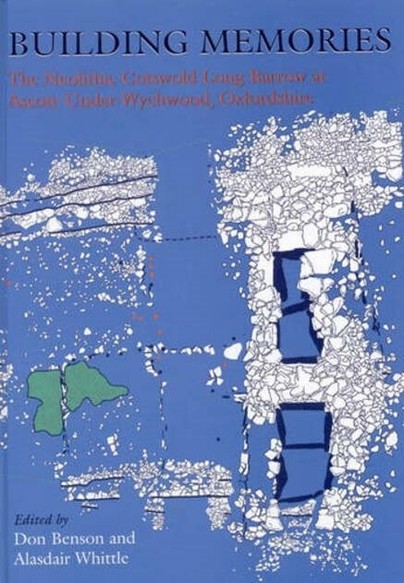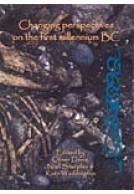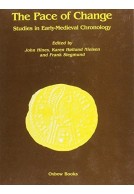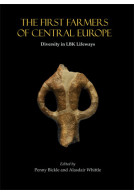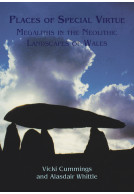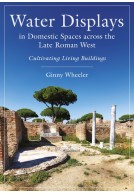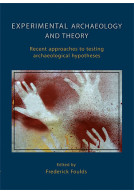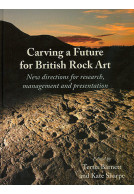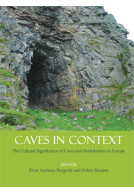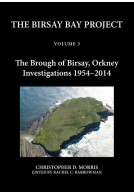Building Memories (Hardback)
The Neolithic Cotswold Long Barrow at Ascott-under-Wychwood, Oxfordshire
Imprint: Oxbow Books
Series: Cardiff Studies in Archaeology
Pages: 464
Illustrations: 276 b/w illus, 12 fold-outs, 12 col plates
ISBN: 9781842172360
Published: 15th December 2006
Script Academic & Professional
Series: Cardiff Studies in Archaeology
Pages: 464
Illustrations: 276 b/w illus, 12 fold-outs, 12 col plates
ISBN: 9781842172360
Published: 15th December 2006
Script Academic & Professional
Usually available in 6-8 weeks.
You'll be £55.00 closer to your next £10.00 credit when you purchase Building Memories. What's this?
+£4.99 UK Delivery or free UK delivery if order is over £40
(click here for international delivery rates)
Order within the next 6 hours, 12 minutes to get your order processed the next working day!
Need a currency converter? Check XE.com for live rates
(click here for international delivery rates)
Order within the next 6 hours, 12 minutes to get your order processed the next working day!
Need a currency converter? Check XE.com for live rates
It is just over forty years since the start of the excavations of the Ascott-under-Wychwood long barrow (1965-69) under the direction of Don Benson. The excavations belonged to the latter part of a great period of barrow digging in southern Britain, which was ending just as, by striking contrast, intensified investigation and fieldwork at causewayed enclosures were beginning. Although a long gap has passed since the excavations took place, they have nonetheless produced a rich and important set of results, and the analysis has been enhanced by more recent techniques. The site now joins Burn Ground and Hazleton North as one of only three Cotswold long barrows or cairns to have been more or less fully excavated. The barrow had been built in two main stages, in a series of bays defined by lines of stakes and stone, and filled mainly with earth and turf, with some stone; it was enclosed or faced by stone walling, the outermost being of very fine quality. The barrow contained two opposed pairs of stone cists, each with a short passage from the long sides of the monument. The cists and passages contained the remains of some 21 people (of all ages and both sexes), probably deposited in a variety of forms from fleshed inhumations to incomplete secondary remains and cremations. The barrow was built in the 38th century cal BC and was probably one of the earliest such constructions in the region. It was probably in use for only three to five generations, lasting into the 37th century cal BC. Occupation features from the early fourth millennium cal BC included small pits, hearths and two small timber post structures, and there were finds of pottery, flint, axe fragments, stone querns and animal bone. People used cattle, sheep and pigs, and there is a range of wild species, especially in the midden. The authors of this report not only document the finds and research, but also address wider questions of how the early Neolithic inhabitants viewed their society through the barrow, and how the development of the site reflected memory and interaction with a changing world.
Other titles in the series...
Other titles in Oxbow Books...







